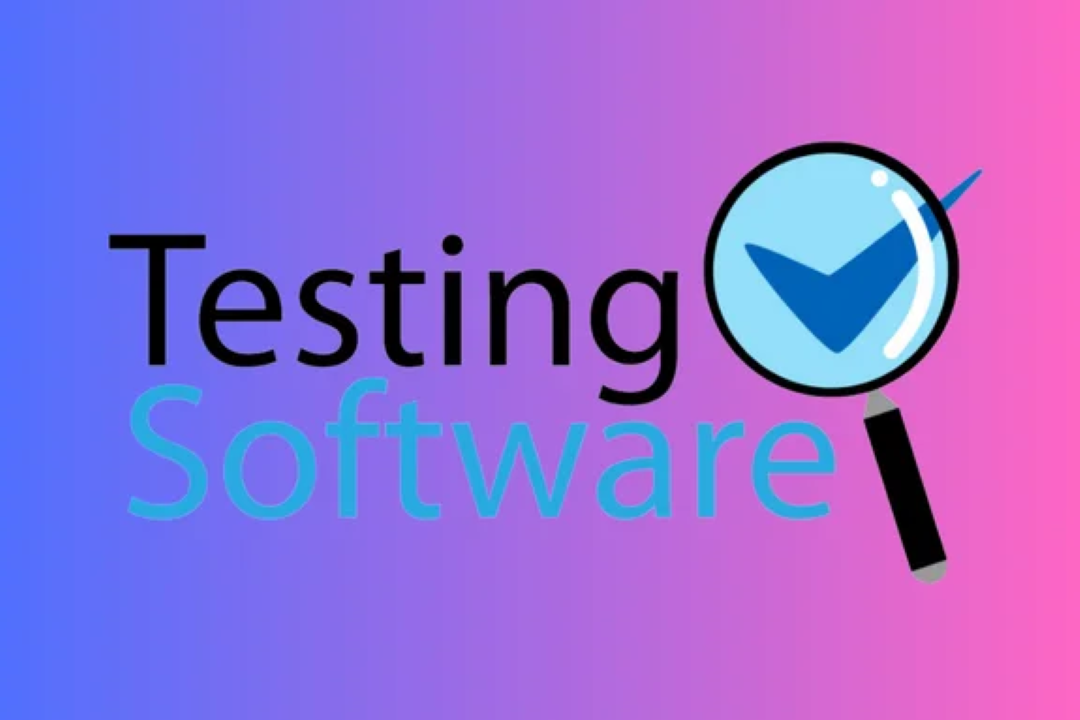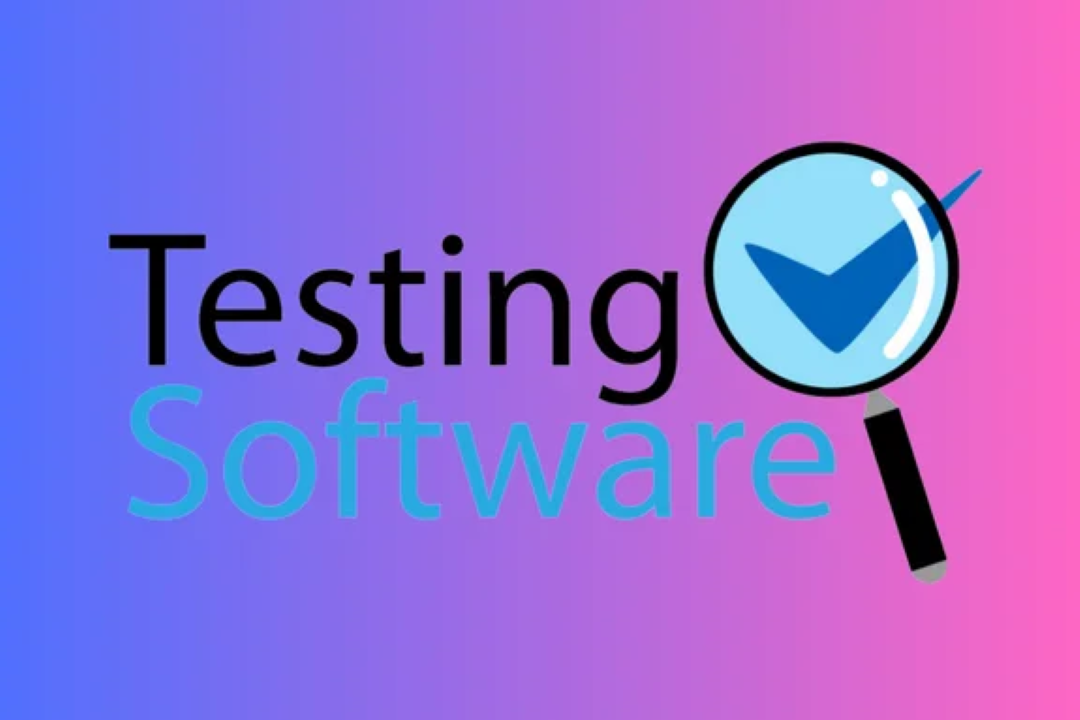Selenium Appium Launch Date And Time
Selenium, an open-source testing framework designed for web applications, was launched in 2004, quic
Selenium Appium Launch Date And Time
Selenium was launched in 2004, while Appium followed in 2012, both tools revolutionizing the field of automated testing for web and mobile applications, respectively. Selenium supports a wide range of browsers and programming languages, making it versatile for developers looking to automate web application testing. Appium, on the other hand, allows for seamless automation of mobile applications on both Android and iOS platforms, ensuring that functionality and user experience are consistently tested across devices. Together, they empower teams to enhance software quality, reduce testing time, and facilitate real-time project development, ultimately leading to more reliable applications.
To Download Our Brochure: https://www.justacademy.co/download-brochure-for-free
Message us for more information: +91 9987184296
Selenium was launched in 2004, while Appium followed in 2012, both tools revolutionizing the field of automated testing for web and mobile applications, respectively. Selenium supports a wide range of browsers and programming languages, making it versatile for developers looking to automate web application testing. Appium, on the other hand, allows for seamless automation of mobile applications on both Android and iOS platforms, ensuring that functionality and user experience are consistently tested across devices. Together, they empower teams to enhance software quality, reduce testing time, and facilitate real time project development, ultimately leading to more reliable applications.
Course Overview
The “Selenium and Appium Launch Date and Time” course offers an in-depth exploration of the histories and evolution of these pivotal testing frameworks. Participants will learn about the inception of Selenium in 2004 and Appium in 2012, understanding their significance in the realm of automated testing for web and mobile applications. The curriculum will cover key features, practical applications, and real-time project implementations, equipping learners with the skills to effectively utilize both tools in their development processes. By the end of the course, attendees will have a comprehensive understanding of how these technologies contribute to enhanced software quality and efficient testing strategies.
Course Description
The “Selenium and Appium Launch Date and Time” course provides learners with a comprehensive understanding of the development timelines and critical milestones of these two essential testing frameworks. Participants will explore the origin of Selenium in 2004 and Appium in 2012, gaining insights into their evolution and significant features. The course employs real-time projects to demonstrate the practical applications of Selenium for web testing and Appium for mobile application testing, ensuring that learners can effectively implement these tools in their work. By the conclusion of the course, participants will be equipped with the knowledge and skills to leverage Selenium and Appium to enhance their software testing processes and improve overall quality assurance.
Key Features
1 - Comprehensive Tool Coverage: Provides hands-on training with a range of industry-standard testing tools, including Selenium, JIRA, LoadRunner, and TestRail.
2) Practical Exercises: Features real-world exercises and case studies to apply tools in various testing scenarios.
3) Interactive Learning: Includes interactive sessions with industry experts for personalized feedback and guidance.
4) Detailed Tutorials: Offers extensive tutorials and documentation on tool functionalities and best practices.
5) Advanced Techniques: Covers both fundamental and advanced techniques for using testing tools effectively.
6) Data Visualization: Integrates tools for visualizing test metrics and results, enhancing data interpretation and decision-making.
7) Tool Integration: Teaches how to integrate testing tools into the software development lifecycle for streamlined workflows.
8) Project-Based Learning: Focuses on project-based learning to build practical skills and create a portfolio of completed tasks.
9) Career Support: Provides resources and support for applying learned skills to real-world job scenarios, including resume building and interview preparation.
10) Up-to-Date Content: Ensures that course materials reflect the latest industry standards and tool updates.
Benefits of taking our course
Functional Tools
1 - Selenium WebDriver
Selenium WebDriver is a crucial tool for automating web applications for testing purposes. It allows testers to execute tests directly in the browser, enabling the simulation of user interactions with web applications. The course will cover how to set up Selenium WebDriver, customize it for specific needs, and leverage its capabilities to create robust test frameworks. With a focus on various programming languages such as Java, Python, and C#, students will gain practical experience in creating and running automated tests that mirror actual user actions.
2) Appium
Appium is an open source tool designed for mobile application automation testing. The course will teach students how to configure Appium with real devices and emulators to automate native, hybrid, and mobile web applications. Learners will explore Appium's architecture, driver models, and the application of automation scripts across platforms, including Android and iOS. This understanding will empower students to test mobile applications efficiently, ensuring high quality and performance across various devices.
3) TestNG
TestNG is a powerful testing framework that is integrated into the Selenium WebDriver and Appium environments to enhance test organization and management. The course will provide insights into TestNG’s features such as annotations, assertions, and reporting mechanisms, which help structure test cases and manage the test execution process. Students will learn how to implement parallel testing, optimize execution time, and generate meaningful reports that aid in understanding test results, ultimately leading to more efficient testing cycles.
4) Maven
Maven is a build automation tool used predominantly for Java projects, facilitating the management of dependencies and the lifecycle of a project. In this course, students will be introduced to Maven's project structure and how it can be used to streamline the setup of Selenium and Appium projects. By learning to manage libraries and dependencies effectively, students will gain the skills to create reproducible builds and incorporate continuous integration practices into their automation workflows.
5) Git
Git is a version control system that aids in tracking changes to code and collaborating between multiple developers. Understanding Git is essential for anyone working in a team environment. The course will encompass the fundamentals of Git, including repository initialization, branching, and merging processes. By becoming proficient in version control, students will enhance their ability to work collaboratively and maintain organized project workflows, ensuring that everyone can contribute effectively to large testing projects.
6) Jenkins
Jenkins is an automation server that facilitates continuous integration and continuous delivery (CI/CD) of software projects. The course will cover how to set up Jenkins to automatically run tests created with Selenium and Appium. Students will learn how to create and configure Jenkins jobs, manage build pipelines, and integrate testing frameworks with their CI/CD processes. This integration is vital for organizations looking to deploy software rapidly while maintaining high standards of quality through automated testing.
7) Cucumber
Cucumber is a popular tool for Behavior Driven Development (BDD), allowing the creation of automated tests from user stories written in plain language. In this course, students will learn how to write Gherkin syntax, which serves as a bridge between technical and non technical team members. They will explore how to integrate Cucumber with Selenium and Appium to drive automated testing scenarios. By using Cucumber, students will be able to create more readable and maintainable tests that align closely with business requirements, fostering better communication within project teams.
8) API Testing
API testing is essential in ensuring that the application’s backend services perform as expected. This course will focus on testing RESTful and SOAP APIs using tools such as Postman and RestAssured. Students will learn how to validate endpoints, check responses, and handle different types of data formats. By understanding API testing methodologies, learners will be able to ensure that the APIs support front end functionality reliably, providing a seamless user experience.
9) Performance Testing
Performance testing is critical to determine how a system behaves under load. The course will delve into tools like JMeter and LoadRunner, teaching students how to simulate multiple users interacting with an application simultaneously. Students will learn to analyze performance metrics and identify bottlenecks. This is key to ensuring that applications can handle user demands efficiently and maintain optimal performance levels.
10) Test Automation Frameworks
Creating a robust test automation framework is essential for scaling testing efforts. This course will discuss design principles for building maintainable and scalable frameworks using Selenium and Appium. Students will explore different architecture models like Page Object Model (POM) and Behavior Driven Testing (BDT) structures. They will learn best practices for organizing test code, managing dependencies, and integrating various tools, ultimately leading to a framework that is efficient and easy to maintain.
11 - Mobile Testing Strategies
Mobile applications present unique challenges compared to web applications. This course will cover effective mobile testing strategies, including device compatibility, network conditions, and varying screen sizes. Students will learn how to create effective test cases for mobile applications that consider different operating systems and user interaction patterns. Understanding these strategies ensures that applications provide a consistent experience across all devices.
12) Reporting and Logging
Effective reporting and logging are essential components of any automated testing strategy. This course will focus on how to implement logging for test execution details and generate comprehensive reports using tools like ExtentReports and Allure. Students will learn best practices for documenting test results, managing log files, and analyzing test outcomes to identify areas for improvement. This ensures that stakeholders have visibility into testing efforts and can make informed decisions based on the results.
13) Test Data Management
Managing test data is vital for the reliability and repeatability of tests. This course will explore strategies for creating, managing, and utilizing test data effectively. Students will learn how to design test data to cover various scenarios and ensure that tests remain independent. Proper test data management enhances the reliability of automated tests and minimizes false positives or negatives.
14) Security Testing
Security testing is a critical aspect of software quality assurance. In this course, students will be introduced to concepts and tools for performing security assessments on web and mobile applications. They will learn about common vulnerabilities, such as SQL injection and cross site scripting, and how to utilize security testing tools like OWASP ZAP and Burp Suite to identify and mitigate these risks. Understanding security best practices is essential in protecting applications against potential threats.
15) Framework Integration
Integrating various testing tools and frameworks enhances the testing process. This course will focus on how to combine Selenium, Cucumber, TestNG, and Jenkins into a cohesive testing solution. Students will learn how to create a continuous testing pipeline and ensure seamless interactions between different layers of their testing stack. This integrated approach promotes efficiency and consistency in test execution and result reporting.
By participating in these courses, students at JustAcademy will gain the comprehensive skills needed to excel in software testing and automation, ensuring they are well prepared for today’s fast paced development environments.
Browse our course links : https://www.justacademy.co/all-courses
To Join our FREE DEMO Session: Click Here
This information is sourced from JustAcademy
Contact Info:
Roshan Chaturvedi
Message us on Whatsapp: +91 9987184296
Email id: info@justacademy.co
android APP development COURSE in indore
Flutter App For Windows 7 Free Download












